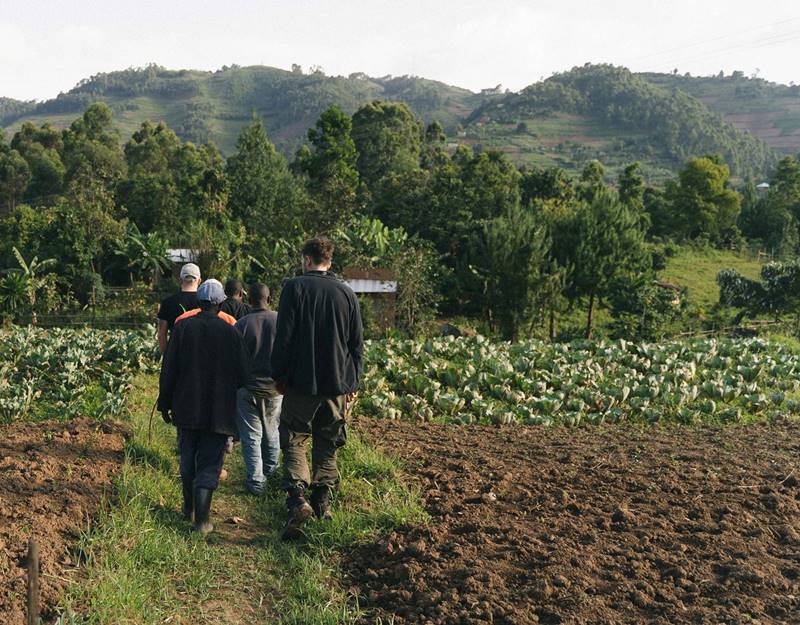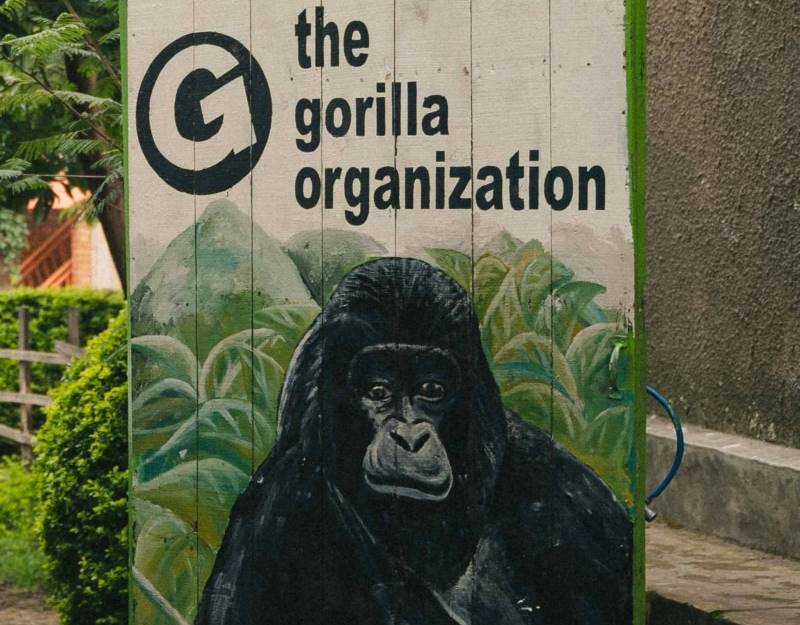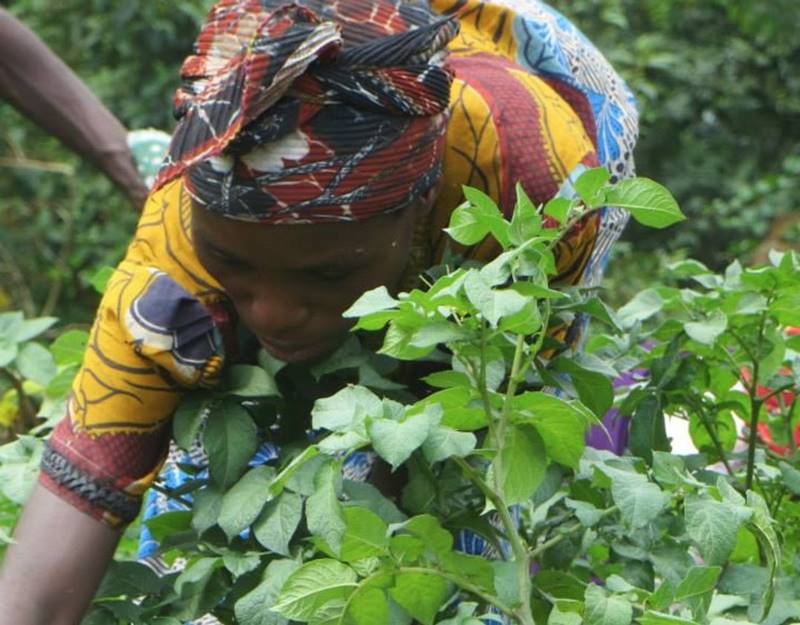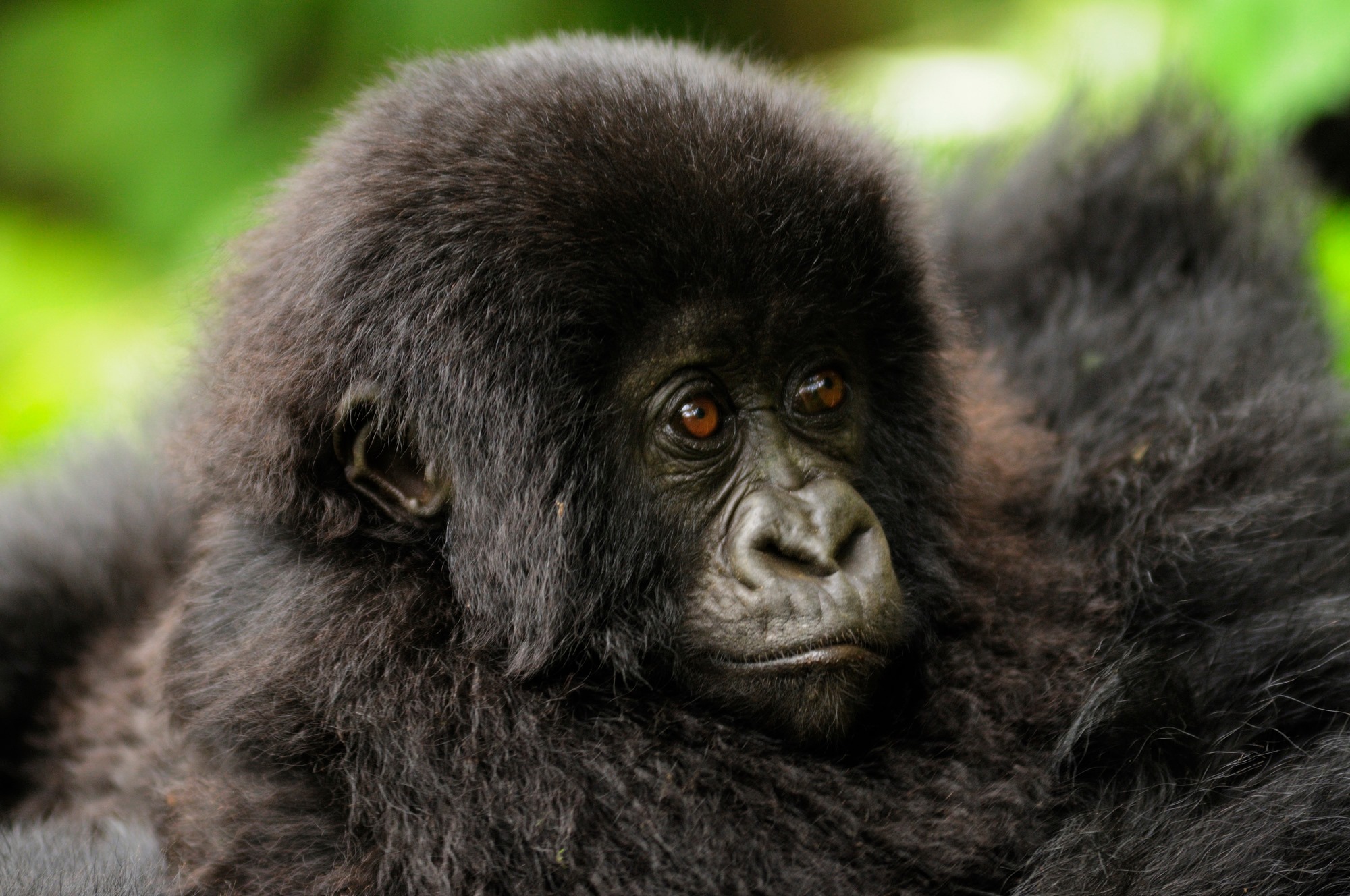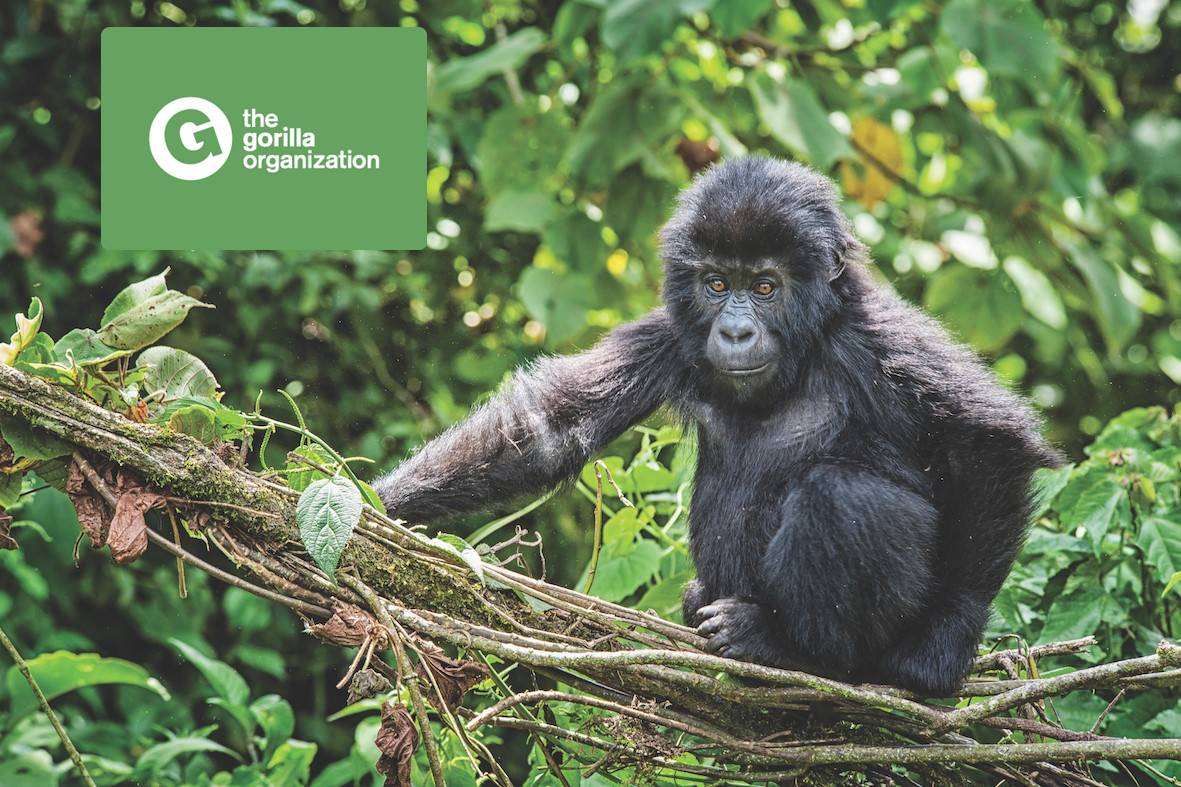
Fundraising target: £2,100 +
Funds donated: £5,000
Project: support for sustainable organic farming in areas bordering Bwindi Impenetrable Forest. This is one of 21 projects nominated for our 21 For 21 programme.
21 For 21 Project Partner: The Gorilla Organization
The Gorilla Organization works at the forefront of gorilla conservation with innovative and award-winning projects in Rwanda, Uganda and DR Congo. It is a Partner member of the UN Great Apes Survival Partnership (GRASP) and the Ape Alliance.
Find out more about The Gorilla Organization. Set up a 21 For 21 Fundraising Page.
About The Gorilla Organization
The Gorilla Organization was founded in the early 1990s to support the anti-poaching patrols created by the pioneering primatologist Dr. Dian Fossey. Building on Dr. Fossey’s legacy, they investigated the reasons for poaching in Africa’s national parks and developed an innovative community-led approach to conservation.
As well as supporting ranger patrols, the organization’s projects include organic farming, tree planting and gorilla-friendly beekeeping. All of these give impoverished communities the opportunity to earn a sustainable income without having to rely on the natural resources found in the gorillas’ forest home.
Mountain Gorillas
Mountain gorillas live on the misty volcanic slopes of Rwanda, Uganda and the Democratic Republic of the Congo. This is where Dr Dian Fossey began her pioneering conservation work in the 1960s. There are fewer than 1200 mountain gorillas remaining and they are classified as Endangered by the IUCN Red List.
They have longer, thicker fur than other gorilla subspecies, allowing them to live in colder temperatures. Adult males can weigh up to 200kg (31st 9lb), and are roughly twice the size of adult females. When they reach maturity (at around 12 or 13 years old), males develop the characteristic silver fur on their back that gives them the name ‘silverback’.
Like all gorillas, mountain gorillas are highly sociable and live in family groups led by the dominant silverback. They are largely herbivorous and eat a variety of shoots, fruit and leaves – wild celery is a big favourite.
Today, mountain gorillas are threatened not due to a demand for their meat or their infants, but due to a demand for the lush forest in which they live. For the poverty-stricken communities living around the gorilla habitat it is the forest that provides them with many of their basic human needs, and in the war torn areas of DR Congo these needs are exaggerated. Habitat loss takes away the gorillas’ source of food and shelter, and diminished territory to roam in can affect their breeding patterns.
Mountain gorillas are also at risk from poachers. While they do not deliberately hunt gorillas, they set traps on the forest floor where the gorillas can get caught and die if they are not rescued in time.
Sustainable Organic Farming
Gorillas are surrounded by some of the most densely populated land in Central and East Africa. Most people live on labour-intensive subsistence farming, employing inefficient agricultural practices that produce poor yields, lead to widespread poverty and ruin the land within a few seasons.
This forces local people to use the National Parks as farmland or to trespass for resources such as firewood, destroying the forests and threatening the survival of the gorillas. Sustainable agriculture provides a viable alternative.
The Gorilla Organization provides support to indigenous communities in Uganda, including former traditional hunters. Their sustainable agriculture training programmes, which includes seeds, land and advice, provides an alternative livelihood for indigenous people, alleviating pressure on the forests resources and empowering a marginalised community. By training local communities living around the gorilla habitat in sustainable organic farming, it enables them to feed their families and sell any surplus produce at local markets.
Beekeeping is also an important income-generating activity in Uganda but traditional beekeepers typically build their hives in the forest which can destroys trees and cause fires that encroach on the gorilla’s forest home. The Gorilla Organization provide training, equipment and funding for beekeepers to use man-made hives that increase yields and produce honey without needing to enter the forest
In addition they have planted approximately 2 million trees in the DR Congo and Uganda. Through tree planting, they aim to alleviate pressure on gorilla habitat, improve food security in the region and mitigate climate change
21 For 21 will provide support for the organic farming programme at a time when the forests are under increased pressure due to the collapse of ecotourism following the global pandemic. Many more members of the community, who work in the ecotourism sector, are struggling to provide for their families at this time.
Visit Uganda through our responsible travel network.
Go Gorilla trekking in Bwindi.
Images courtesy of The Gorilla Organization
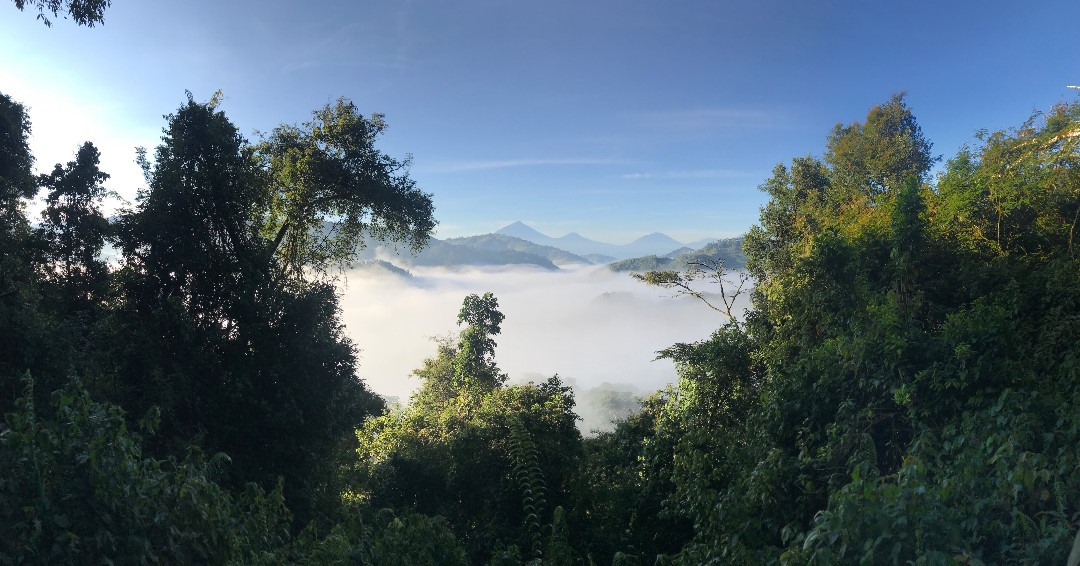
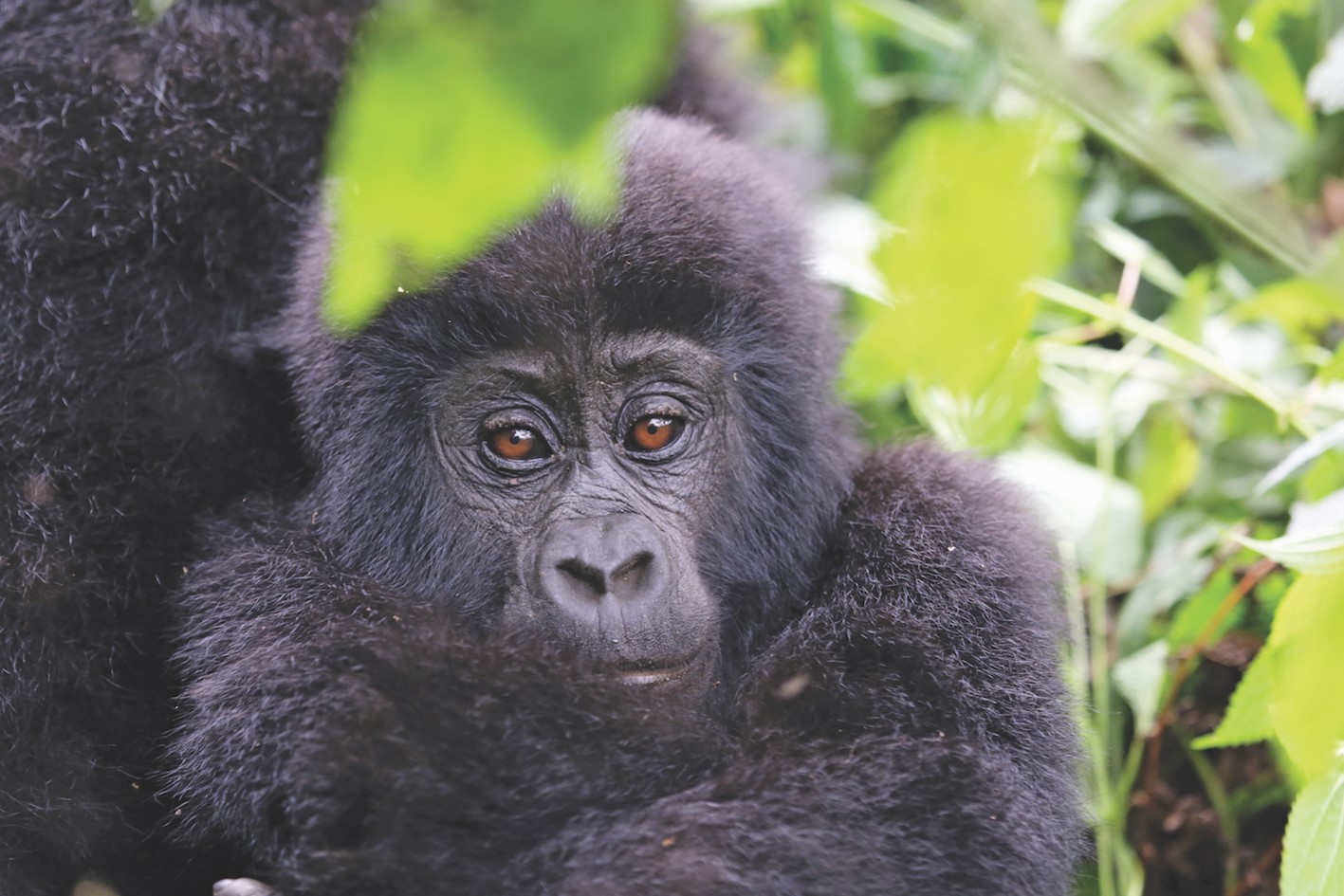
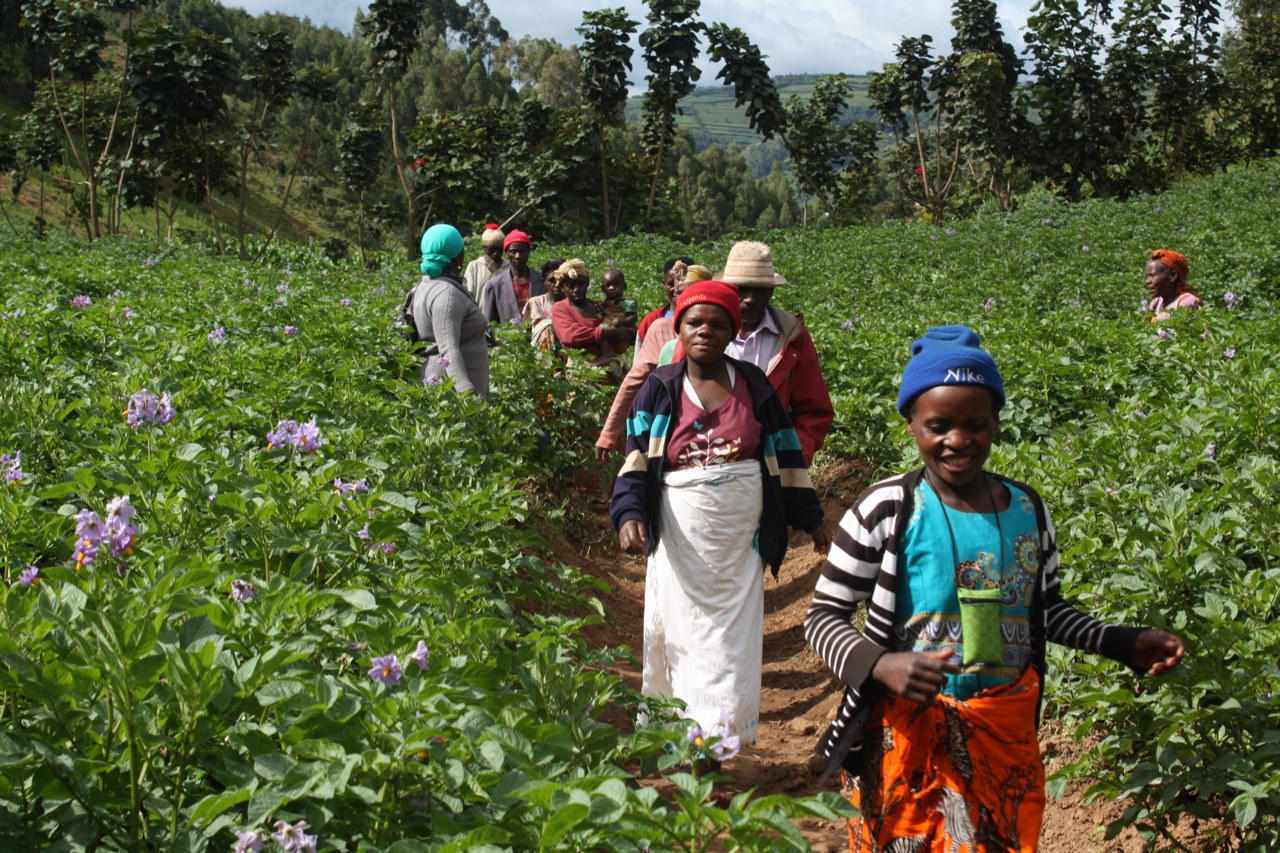
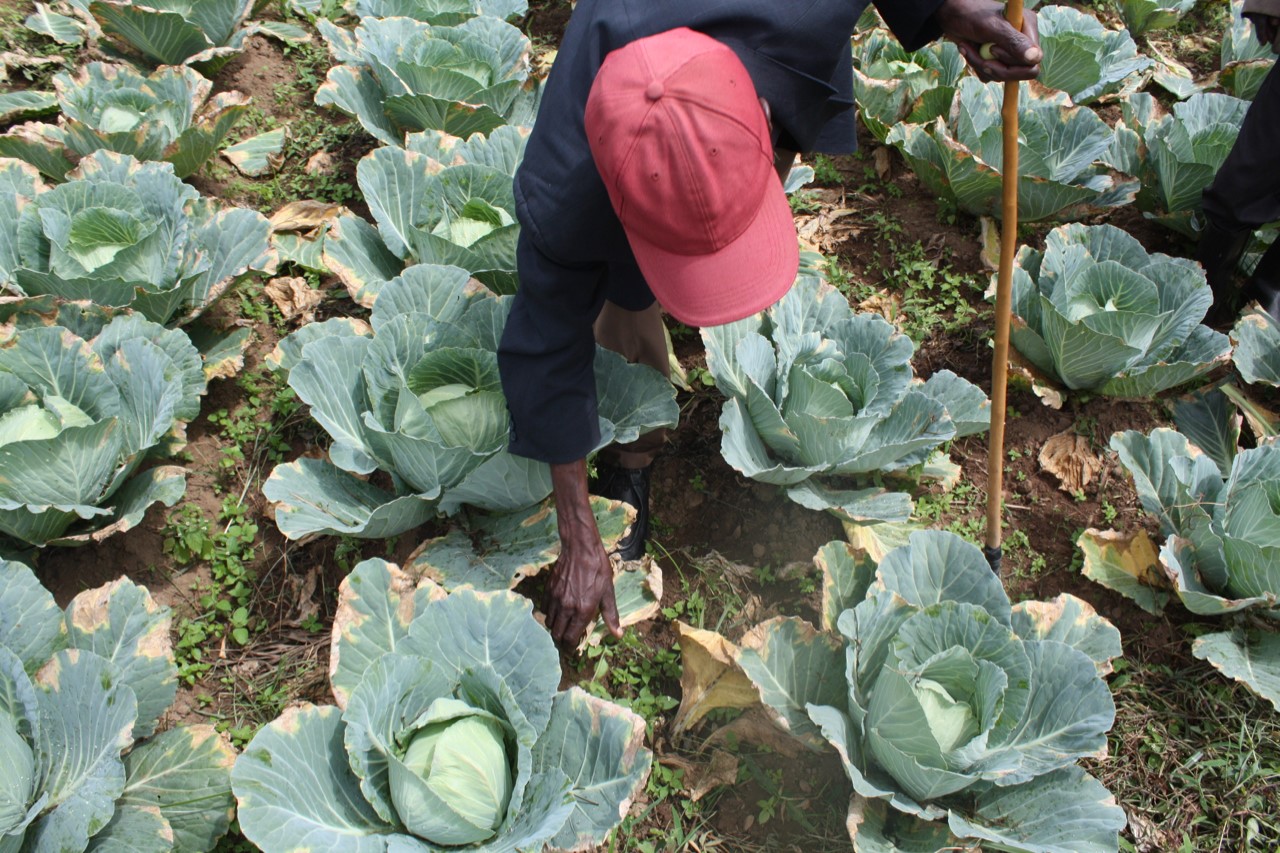
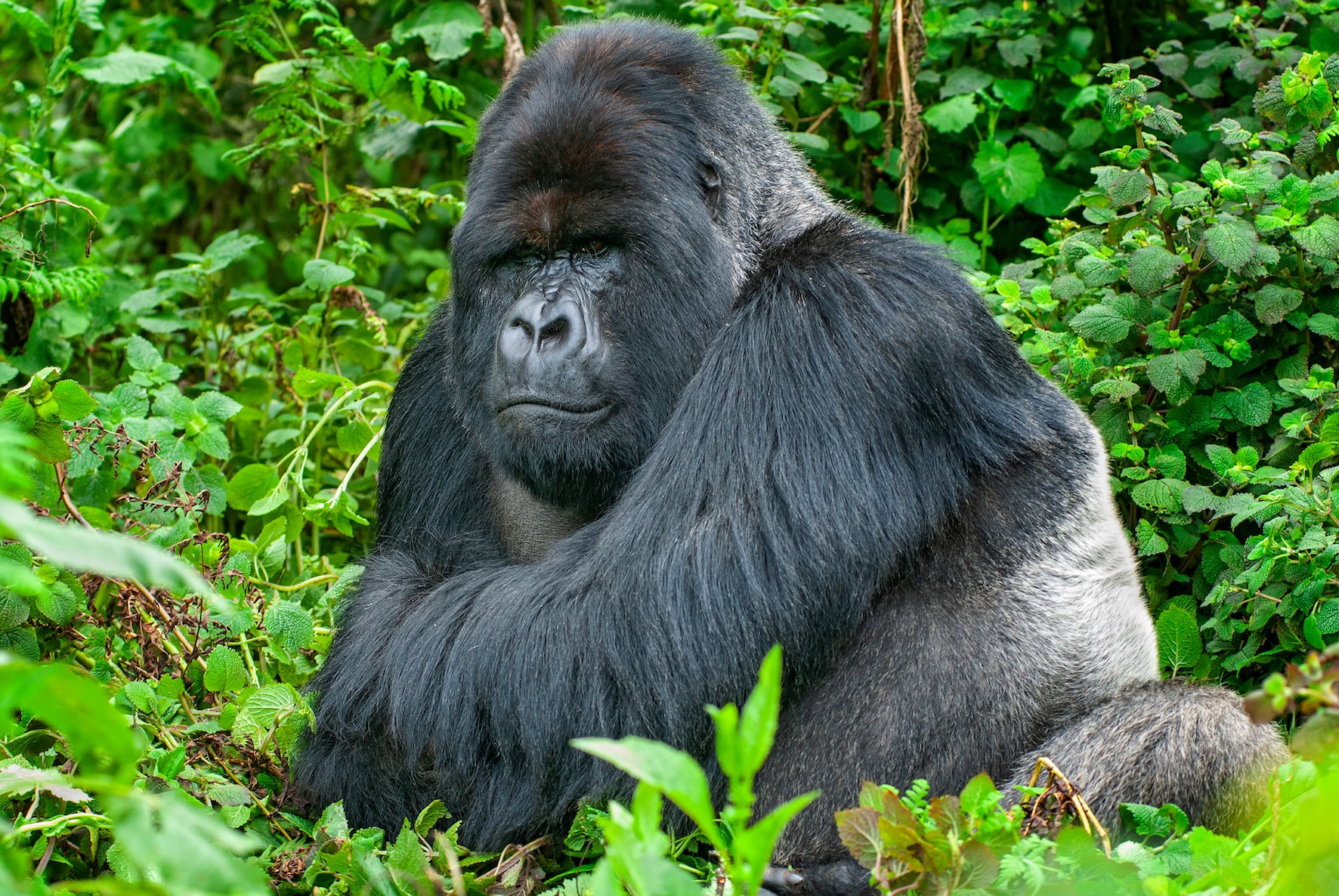
All funds raised during 2021 will contribute to the 21 For 21 Project Fund so please do sign up for a sponsored challenge (details here), support our creative initiatives, or make a donation if you are able to. Every Pound makes a difference. Thank you.
